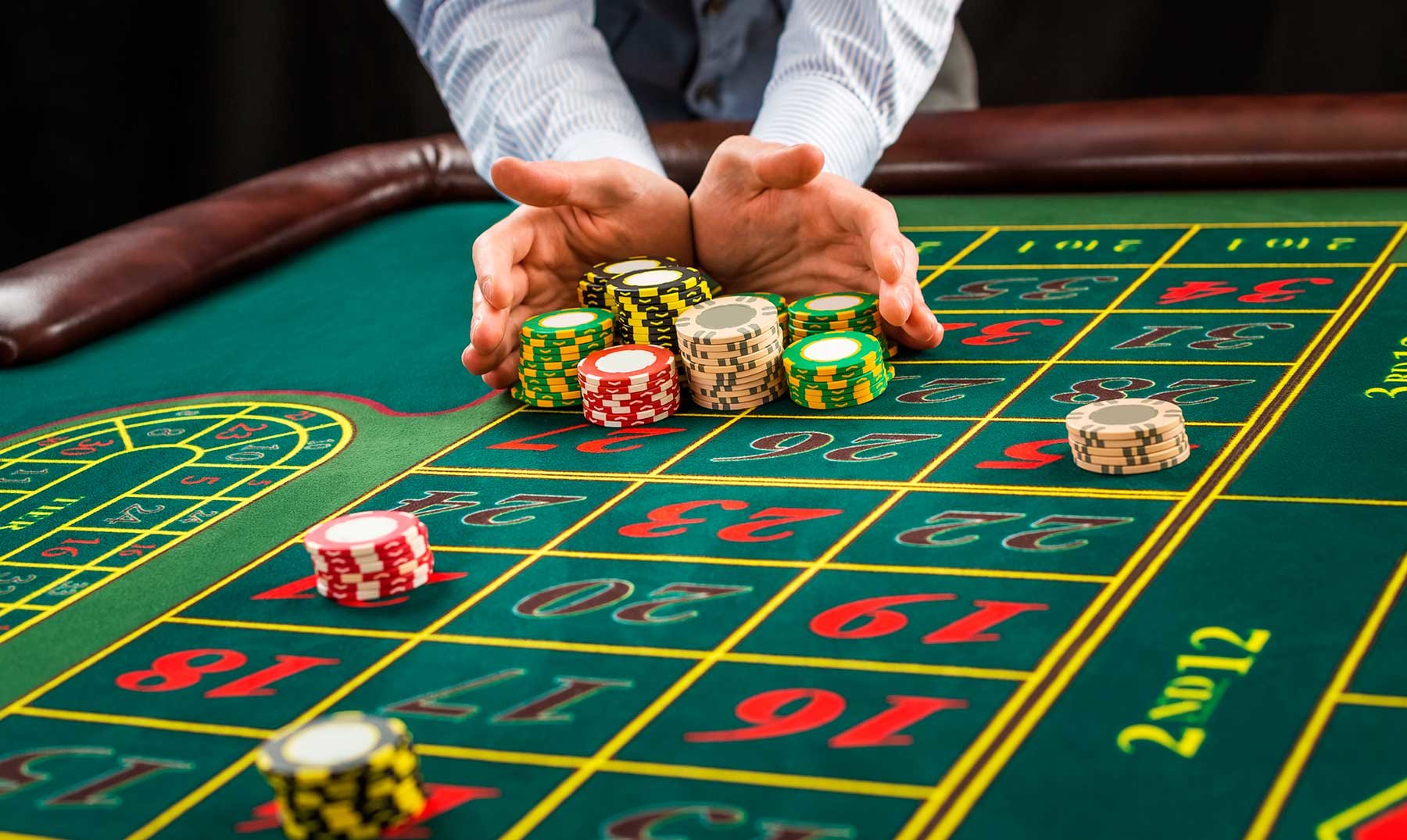The manner in which Gambling Games Reflect our Mankind’s Journey
admin
- 0

Gambling games have long been an integral part of human culture, offering not just entertainment but a intriguing reflection of our aspirations, dreams, and concerns. From the rotating wheels of a slot machine to the tactical play of poker, these games embody a range of human sentiments and experiences. At their core, casino games are not just a chance to win money; they are a microcosm of life itself, where danger and gain converge and fortunes can change in an moment.
As players gather around tables or sit in front of glowing machines, they engage in a ritual that transcends mere betting. These games reflect our innate desires for connection, excitement, and the search for fortune. They also reveal deeper truths about human nature, such as our relationship with chance and the thrill of the unknown. In exploring casino games, we uncover not only the mechanics of play but also the rich tapestry of the human journey, showcasing our woven narratives of hope and reality.
The Mind Behind Gambling
Gambling is deeply rooted in human psychology, tapping into various feelings and desires. The thrill of risk-taking is a core aspect that attracts participants, whether it’s thrill of spinning a roulette or the excitement of drawing a winning card in poker. This adrenaline is frequently likened to other forms of thrill, as the uncertainty of outcomes elicits a unique psychological response. Gamblers often find themselves entranced by the chance of winning big, leading to an irresistible draw toward casino games.
Another, a crucial component of the psychology behind gambling is the concept of optimism and aspiration. Players often nourish dreams of financial freedom and the luxurious lifestyle that can follow winning. This hope fuels their ongoing participation in gambling, as it provides a sense of purpose and the belief that a transformative win could be just one bet away. The narrative of beating the odds and finding success resonates with many, strengthening their dedication to play and engage with these games.
Lastly, social aspects play a significant role in gambling psychology. Casino environments are designed to promote social interaction, where players gather to share the experience of wins and losses. This shared aspect not only enhances enjoyment but also affects behavior, as individuals often imitate the actions of others around them. The collective approval found in shared excitement can magnify the emotional experience, making casino games a reflection of not just personal desires but also shared involvement within the gaming community.
## The Dual Nature of Risk and Reward
Gambling activities embody the delicate balance between danger and gain that resonates deeply with human psychology. The rush of placing a wager is often accompanied by a surge of excitement, as players are confronted with the chance of winning big, yet fully aware of the possibility to suffer losses. This twofold experience reflects a core aspect of life: the paths we choose often come with inherent risks, and the quest for benefit can drive us to embrace risks we might not normally consider. In this way, gambling activities echo real-world choices, enticing gamblers to gamble not just their capital, but also their aspirations.
The allure of grand jackpots and winnings fuels a wave of hope, inspiring gamblers to imagine a more promising future that could arise from a lucky spin of the roulette or flip of a card. This optimism can drive individuals to engage in more daring actions, urging them to take greater risks in search of monetary success. However, just as in life, the outcomes of these decisions can lead to both victory and loss. The narratives of both big winners and those who have suffered everything at the casino demonstrate the chaotic nature of luck and its consequential repercussions on our existence.
Ultimately, the interaction of engaging with gambling activities serves as a vivid illustration of the nature of humanity. Every game played is filled with the tension of uncertainty, as players weigh the rewards against the risks. This interaction not only highlights the excitement that comes with betting but also exposes the weaknesses that come with the desire for more. As we journey through the complexities of choice and consequence in both the casino and in life, we find that the pursuit of risk and reward shapes our character and journeys in deep ways.
Community and Isolation in Casino Environment
Gambling environment is a special blend of social interaction and individual endeavor, reflecting the dualities of human experience. Players often gather around tables, sharing in the thrill of the action, rejoicing in wins, and commiserating over losses. This communal aspect is essential, as it establishes a sense of community and camaraderie among varied groups of individuals. Regular visitors to casinos may build friendships and establish routines, turning the gambling venue into a second home where they feel linked to a larger community of gamblers.
However, the attraction of casino games can also lead to loneliness. As players become immersed in the excitement of playing, they may withdraw from personal relationships or neglect to interact with the environment outside the gaming space. For some, the search of a jackpot can overshadow real connections, leading to isolation. The situation of being surrounded others yet experiencing solitary is not uncommon, as the attention shifts from collective fun to the private concerns of each player’s journey. đánh bài
This interaction of community and solitude creates a rich tapestry that defines casino culture. It highlights the complexity of human interactions, where happiness and despair exist together. Gambling venues serve as both a sanctuary for social engagement and a stage for individual challenges, demonstrating how intimately connected our desire for companionship and the individual quest for fortune can be. In navigating this landscape, players confront their own narratives—seeking both the rush of the game and the companionship of fellow players, ultimately reflecting the wider spectrum of individual experience.